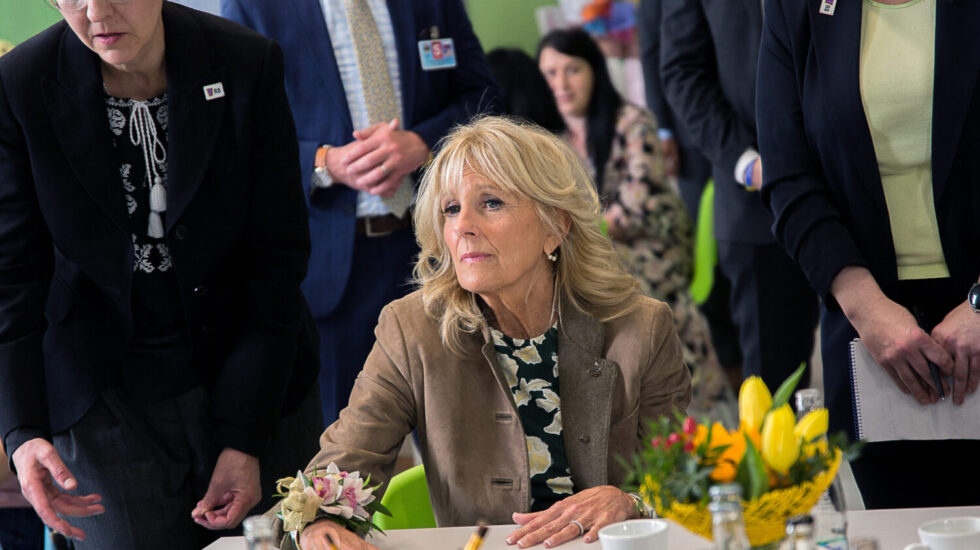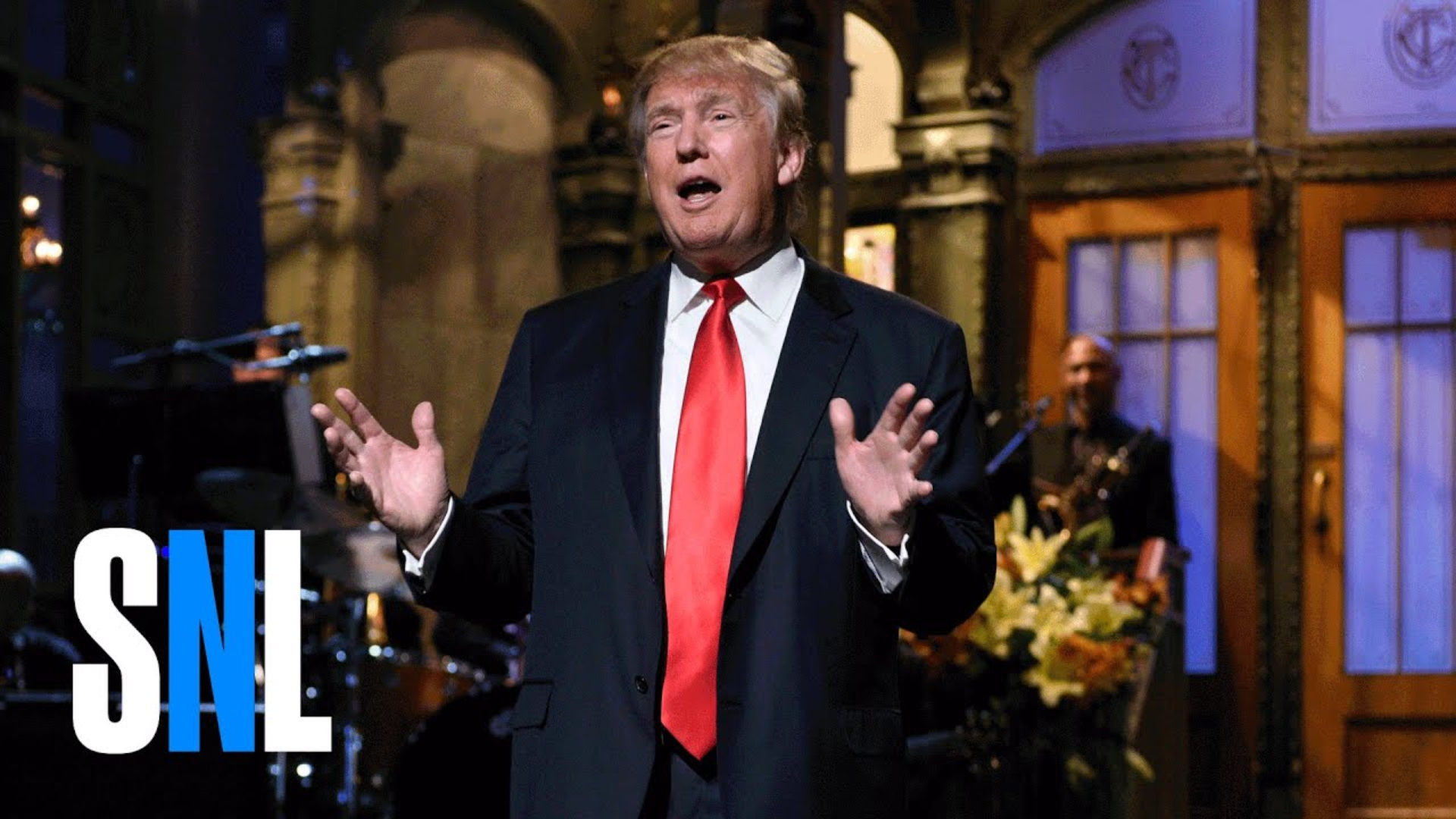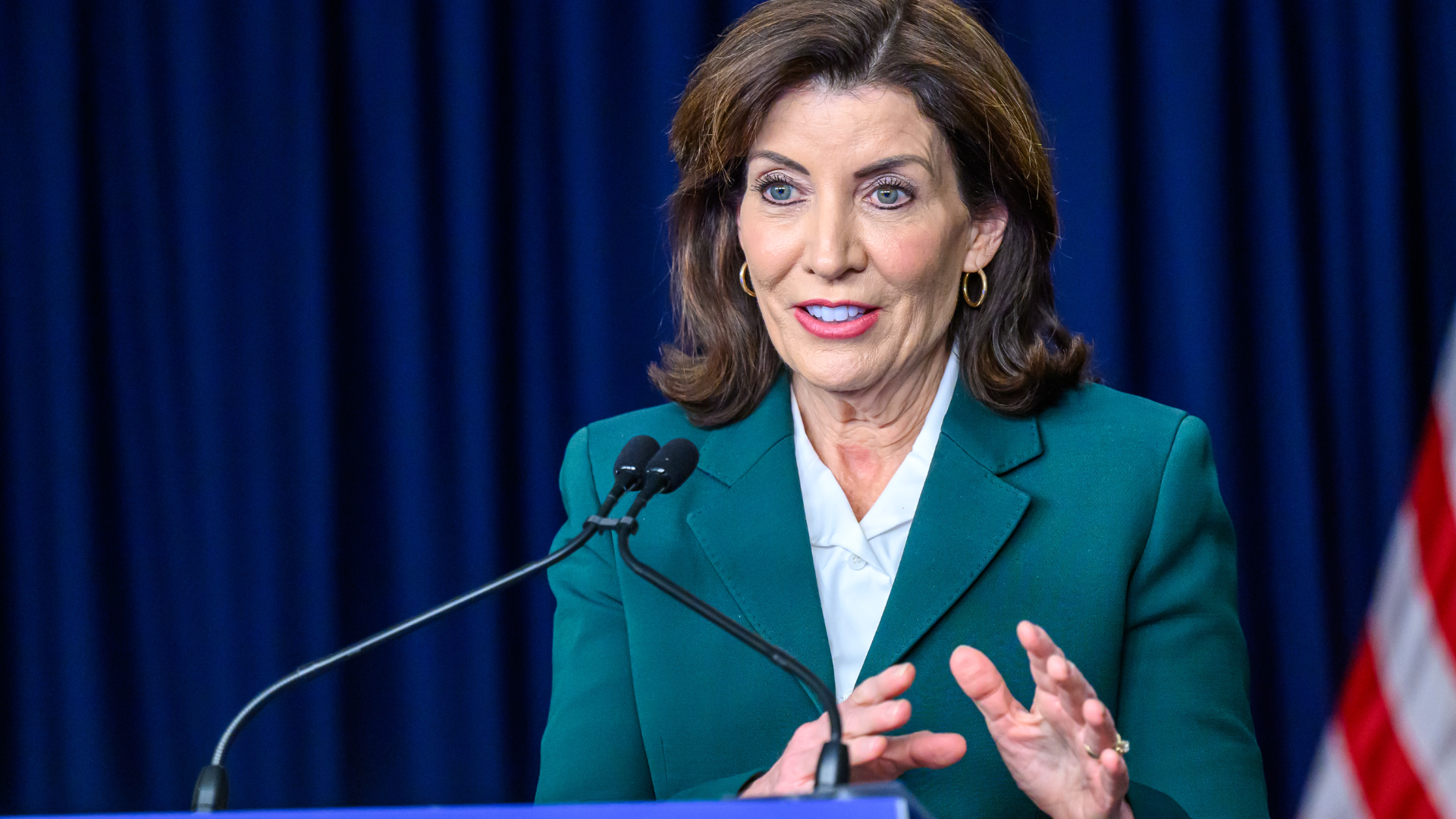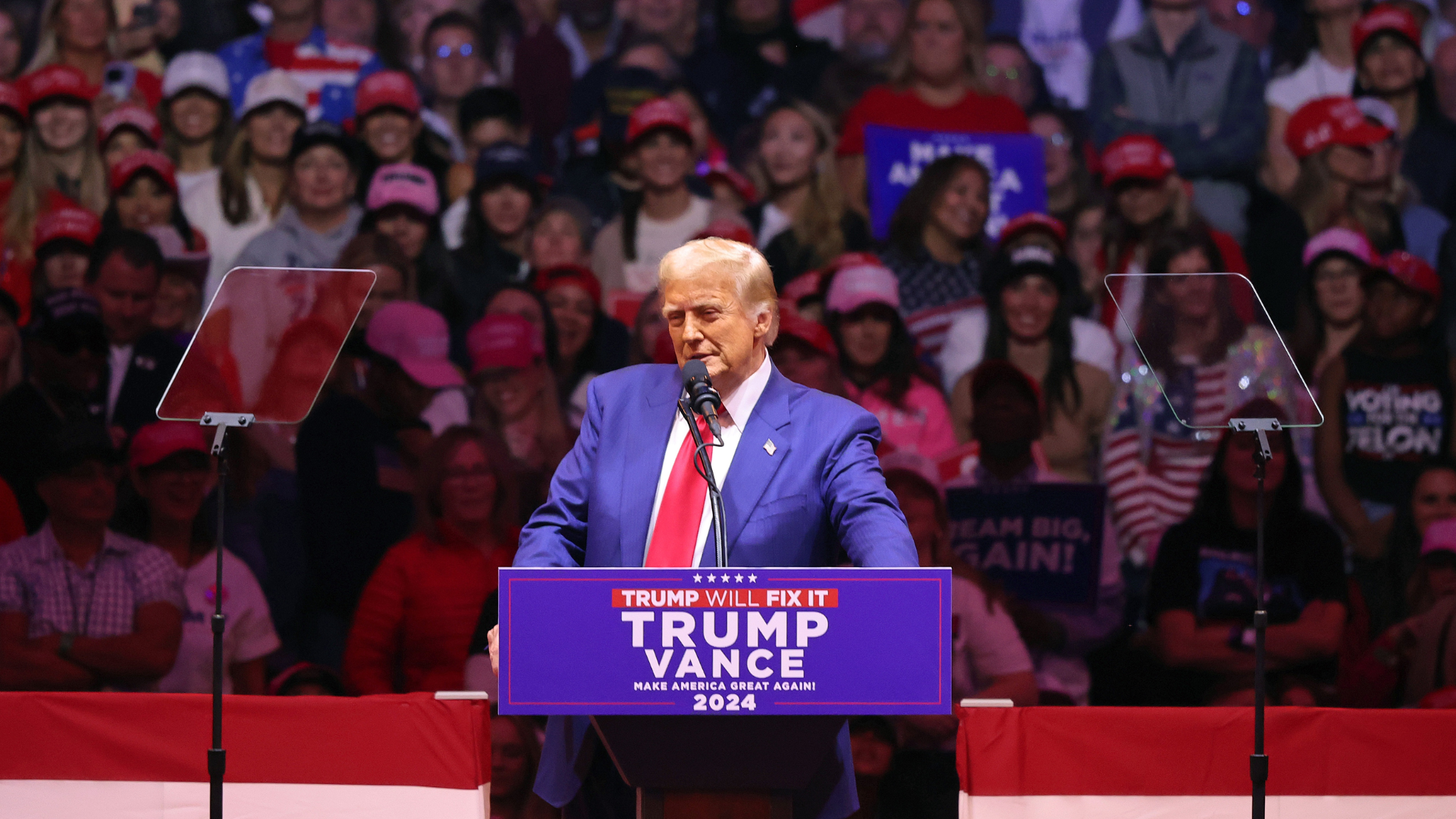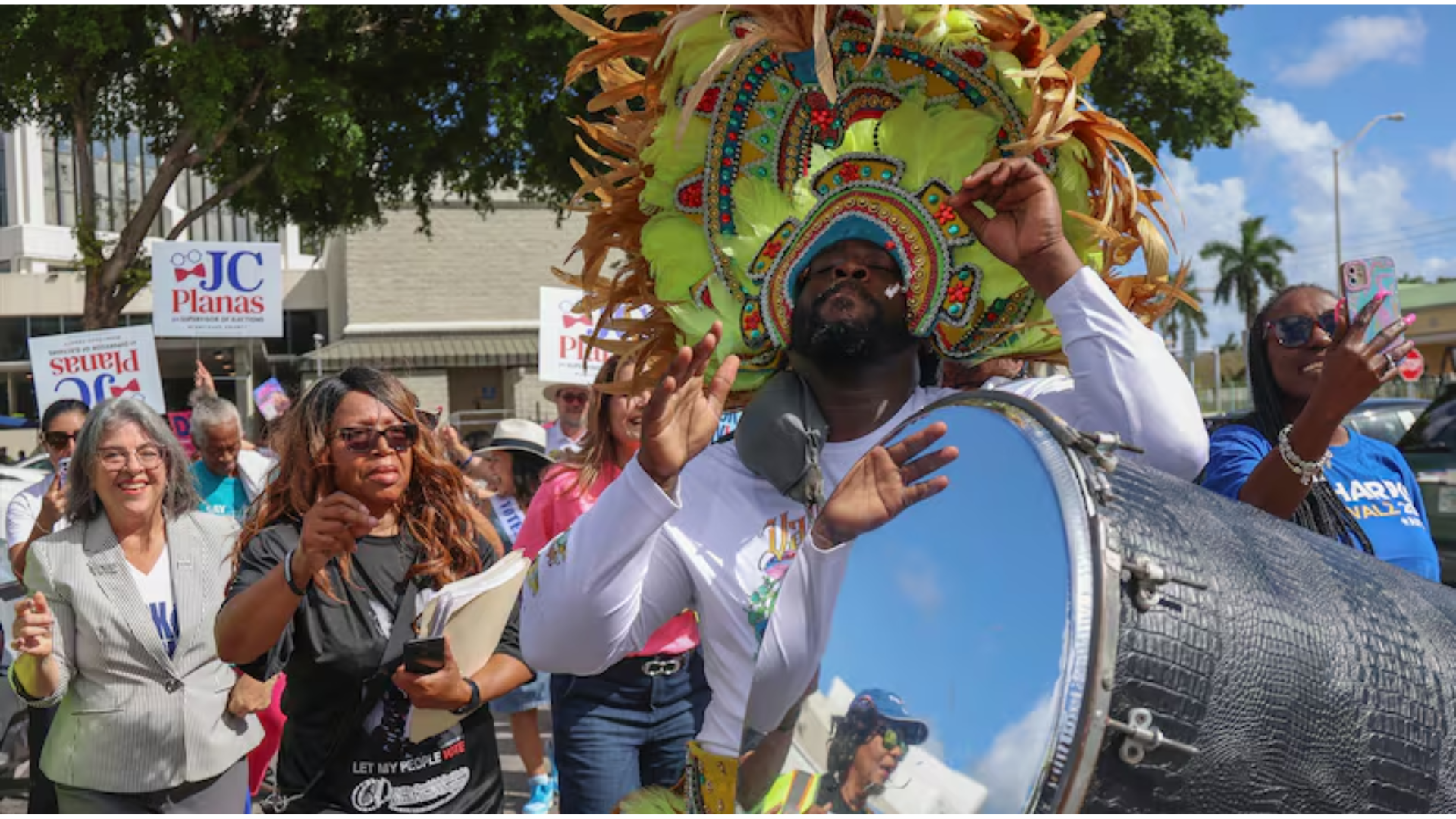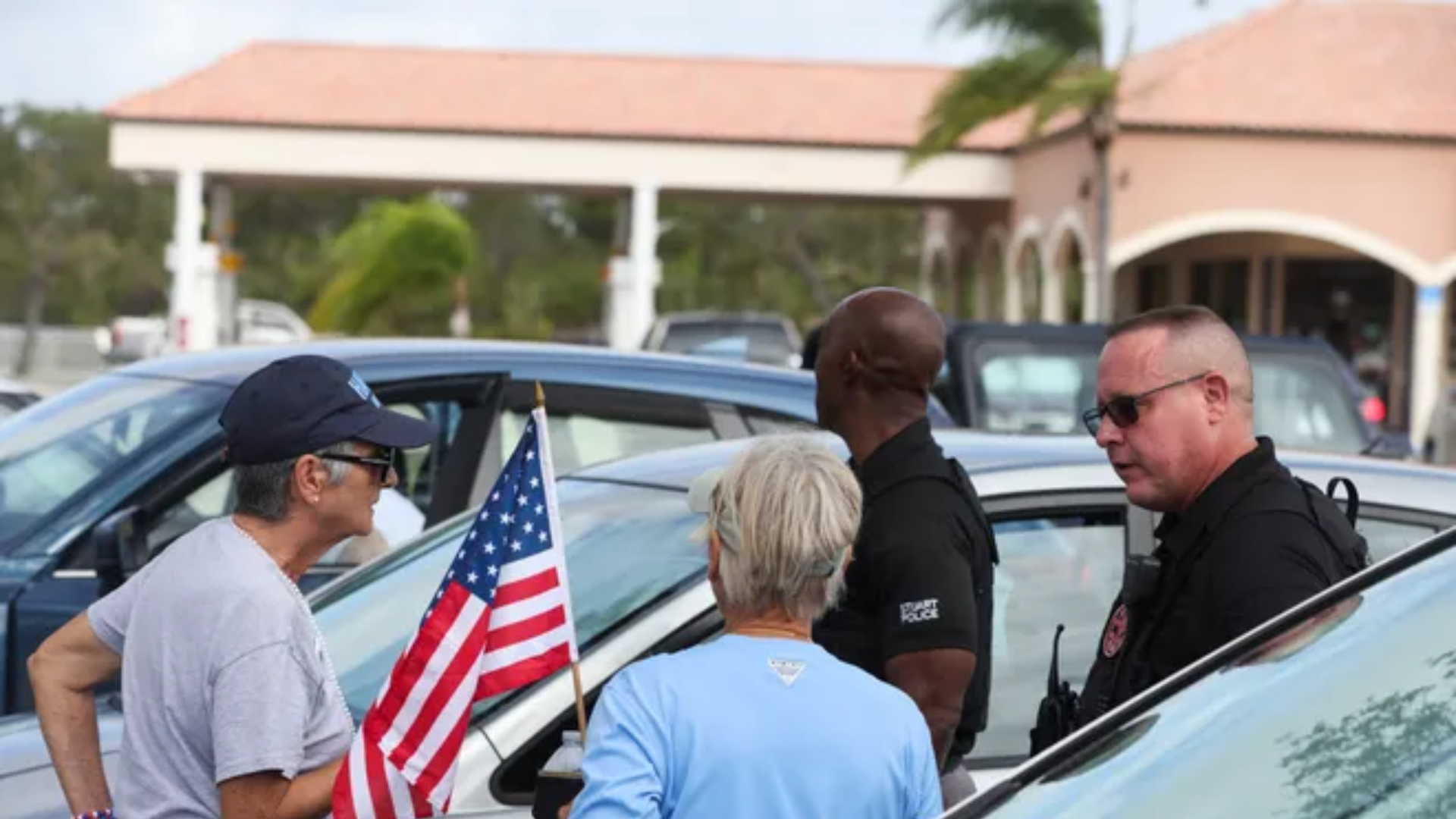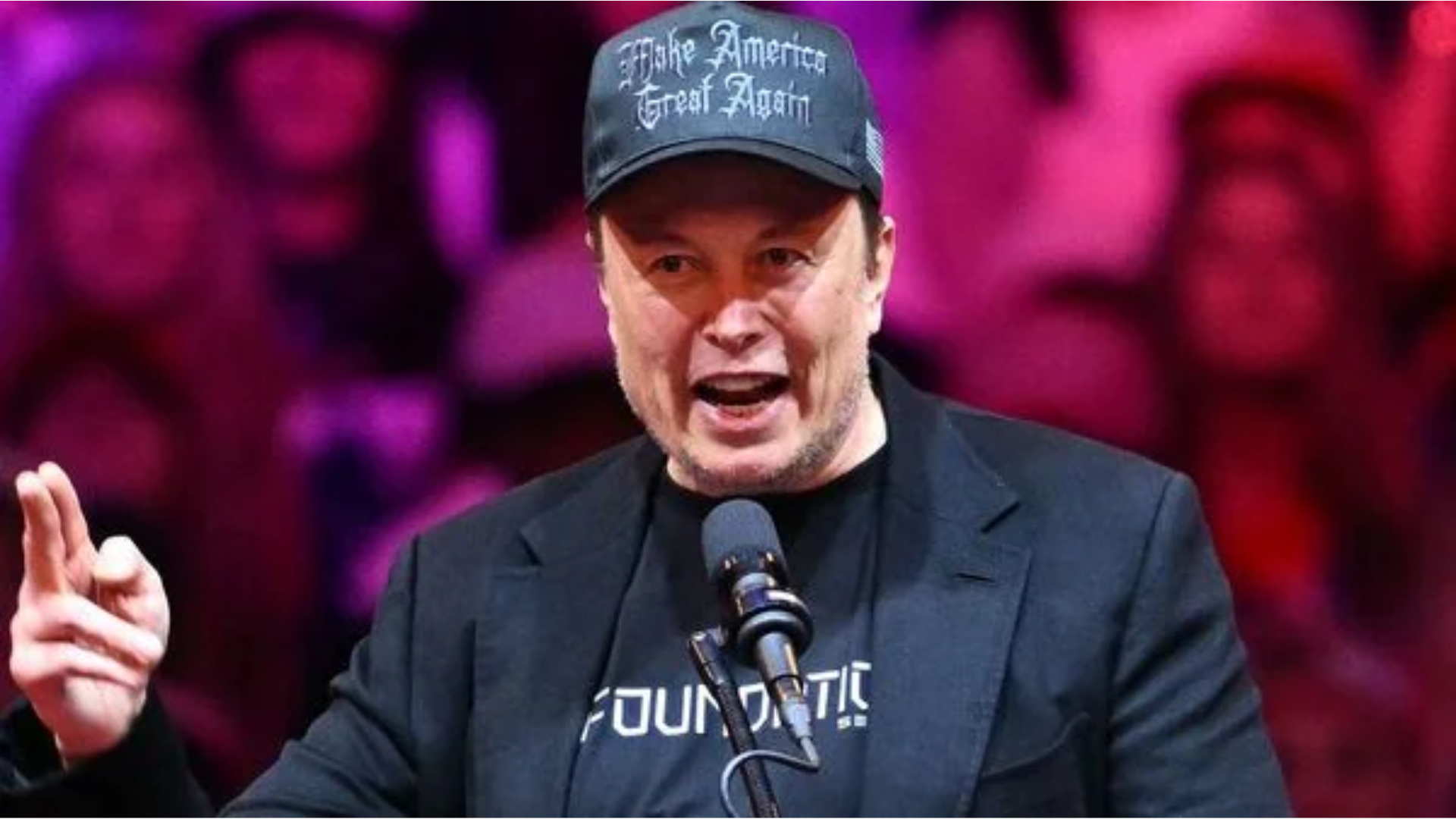
Vice President Kamala Harris has firmly stated that she will oppose religious exemptions in abortion laws if she is elected president, reaffirming her stance that no concessions should be made to Republicans on this matter.
In an interview conducted on Tuesday with NBC News’ Hallie Jackson, Harris was directly asked, “what concessions would be on the table” regarding federal abortion laws, particularly concerning religious exemptions.
“I don’t think we should be making concessions when we’re talking about a fundamental freedom to make decisions about your own body,” Harris declared, making her position unequivocally clear.
When pressed further by Jackson, who inquired if Harris would consider offering any compromise to moderate Republicans who support legal abortion but might not align entirely with her policies, the vice president remained resolute. She asserted that abortion is “non-negotiable.”

“I’m not going to engage in hypotheticals because we could go on a variety of scenarios,” Harris responded. “But let’s start with a fundamental fact: a basic freedom has been taken from the women of America. That is the freedom to make decisions about their own body. And that cannot be negotiable, which is why we need to restore the protections of Roe v. Wade.”
Harris further criticized former president Donald Trump, accusing him of allowing the landmark Roe v. Wade decision to be overturned.
She elaborated on her stance, emphasizing that what she views as non-negotiable is ensuring that women have the freedom, in consultation with their doctors and, if they choose, their religious leaders, to make decisions about their health care without government interference.
Her opposition to religious exemptions in abortion laws is not a new position. It is consistent with her long-standing legislative record.
In 2019, Harris introduced the Do No Harm Act, which aimed to limit religious liberty exemptions in government mandates.
This proposal sought to modify the Religious Freedom Restoration Act (RFRA), which currently allows religious employers to opt-out of providing certain healthcare services.
Under her proposed law, religious employers would not have been allowed to exempt themselves from covering any health care service mandated by federal law, including abortion, contraception, and transgender surgeries.
Although the bill did not advance past the Senate Judiciary Committee, it marked a clear indicator of Harris’ approach toward limiting religious exemptions, particularly in healthcare.
One notable case that Harris had been involved with was that of the Catholic organization, the Little Sisters of the Poor.
The group sought a religious exemption from an Affordable Care Act (ACA) mandate that required coverage of dr-gs that could induce abortions.
Harris opposed the exemption. Although the Little Sisters were initially denied, they later secured their exemption after a favorable ruling by the U.S. Supreme Court, despite Harris’ efforts to remove such protections.
Harris’ stance on religious liberty exemptions is also aligned with the broader policies of the Biden-Harris administration.
In 2022, the Department of Health and Human Services, under their leadership, introduced a rule mandating that all hospitals, including religious ones, provide abortions in cases where it would be considered a “stabilizing treatment” under the Emergency Medical Treatment and Labor Act (EMTALA).
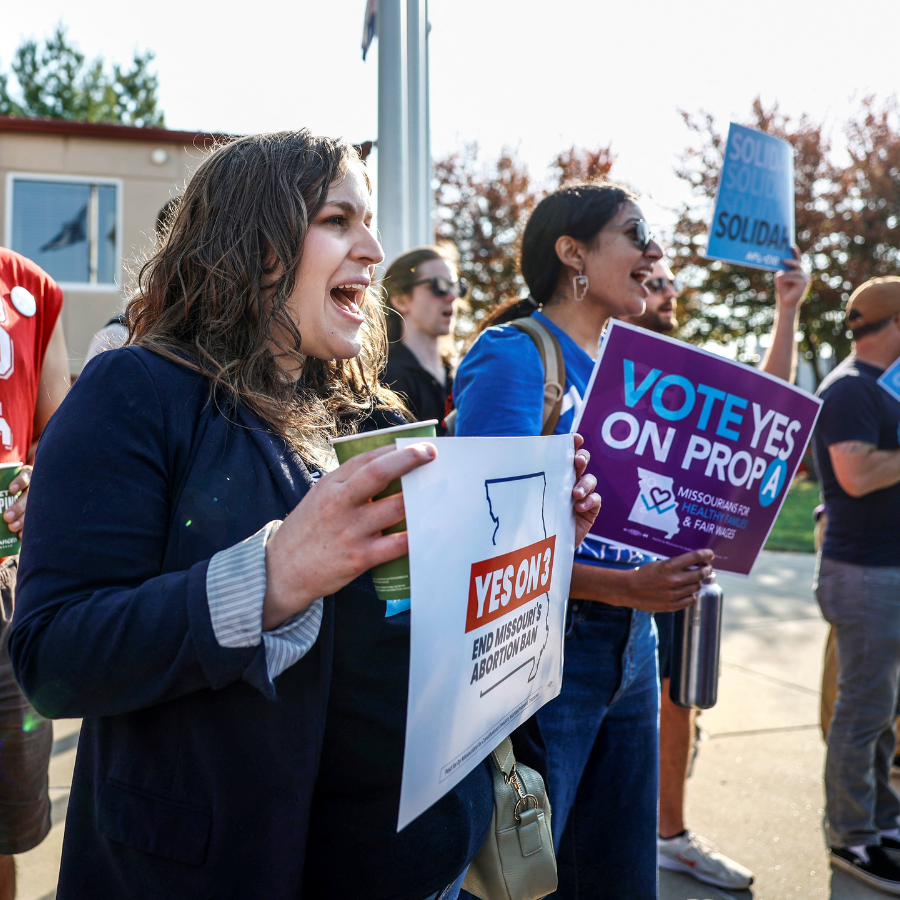
However, this rule was blocked by the U.S. Court of Appeals for the 5th Circuit, and the Supreme Court declined to hear an appeal.
The United States Conference of Catholic Bishops has been vocal about its opposition, maintaining that “direct abortion is never permissible.”
Grazie Pozo Christie, a senior fellow at The Catholic Association, expressed concerns about Harris’ views.
In a statement, she said Harris should “clarify, and quickly, whether given the chance she would force Americans who object on religious or conscience grounds to participate in abortion.”
Christie also highlighted that this would not be the first time Harris has allegedly undermined religious liberties.
Throughout her candidacy, Harris has pledged to protect the right to abortion by enshrining it into federal law up to the point of fetal viability, by codifying the now-overturned Roe v. Wade standards.
Furthermore, she has not distanced herself from supporting late-term abortions, which remain legal in some states.
